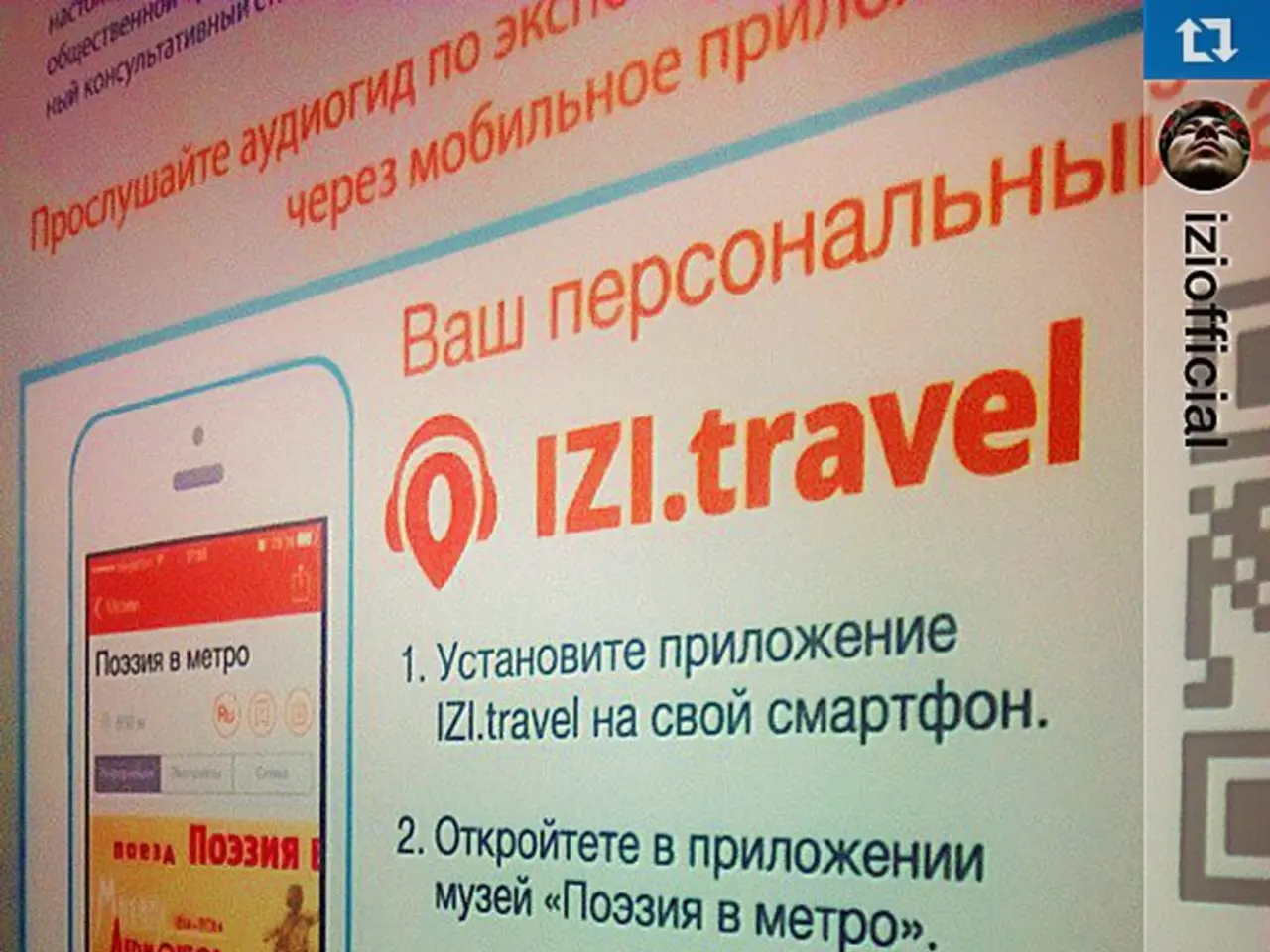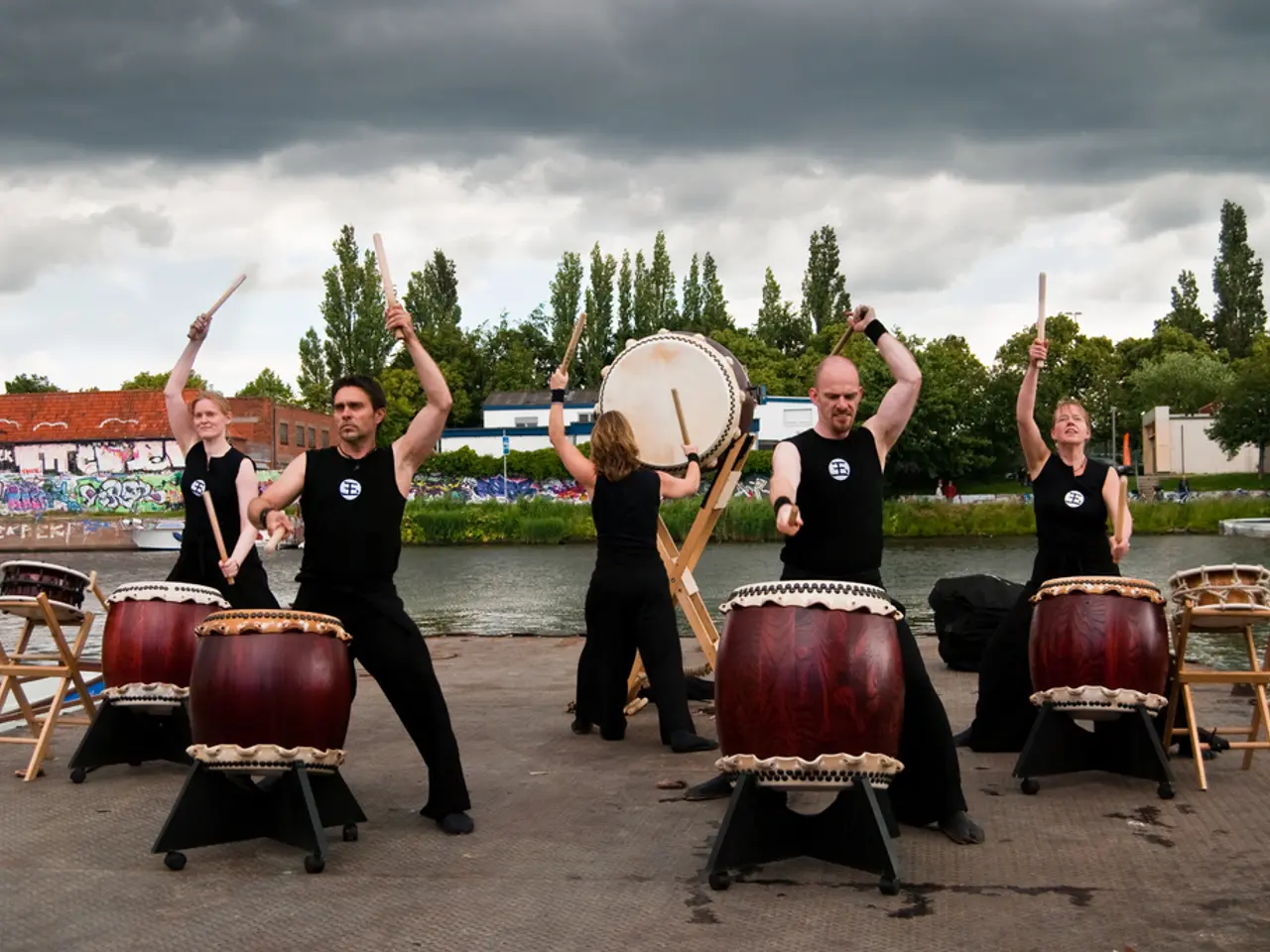The prosperity of influencer marketing is rooted in its emphasis on authenticity, as demonstrated by the following examples:
In the digital age, authenticity has become a cornerstone of influencer marketing. Brands are increasingly recognising the value of genuine connections with their audience, and this is reflected in the success of influencers who embody authenticity.
The key to an effective influencer marketing strategy lies in aligning with influencers who genuinely resonate with the brand's values. When influencers' beliefs and style match the brand's identity, their promotion feels more natural and credible. This authenticity is crucial in making campaigns relatable and engaging.
Understanding the target audience is equally important. By knowing their values, behaviours, and online habits, brands can select influencers whose followers overlap with their ideal customers. This ensures that messages land naturally and drive higher engagement and conversions.
Clear, measurable goals are also essential. These objectives, such as brand awareness, sales, or engagement, allow for the tailoring of influencer selection, messaging, and tracking of meaningful outcomes. Without clear goals, campaigns risk being unfocused and inefficient.
Trust, relatability, and emotional connection are the pillars of authenticity. Audiences trust influencers who honestly use and enjoy the products, relate to everyday experiences shared by the influencer, and feel emotionally connected through genuine storytelling. This trust amplifies engagement and loyalty far beyond polished branded content.
Building long-term partnerships with influencers enhances trust and results in more authentic, consistent promotion aligned with evolving marketing goals.
Sophie and Jamie are prime examples of influencers thriving on authenticity. Their transparency and relatability have earned them a trusting and loyal audience. This authenticity has led to significant brand deals and recognition for both. Sophie was named one of the 30 Under 30 in Social Media by Forbes in 2025, while Jamie has secured partnerships with companies like Spotify, F&F Clothing, HelloFresh, and Aveeno.
Other influencers who have found success through authenticity include Molly-Mae Hague, Emma Chamberlain, and Drew Afualo. Molly-Mae, a globally recognised influencer, is known for her openness, evolution, and genuine connection with her audience. She has achieved successful brand partnerships, including becoming Creative Director at PrettyLittleThing and launching her own fashion label, Maebe, and self-tanning brand, Filter by Molly-Mae.
Emma Chamberlain's success is a testament to the power of authenticity and relatability. Her unique editing style and unfiltered vlogs resonate with her audience, leading to collaborations with brands such as Louis Vitton, Calvin Klein, and Levi's. She has even ventured into the world of coffee with her own brand, Chamberlain Coffee.
Drew Afualo's unique, rare authenticity has led to her connecting with audiences on an emotional level, championing them and empowering them. Her bold personality and refusal to conform to traditional influencer norms have made her a valuable asset to brands looking to impact culture.
Relatable influencers deepen the connection between themselves and their audience by discussing common, everyday experiences. Bretman Rock's rise in influence is due to his bold personality, humour, and refusal to conform to traditional influencer norms. His ability to impact culture has made him a sought-after collaborator for brands.
In conclusion, authenticity is the key to success in influencer marketing. By presenting themselves with genuineness, transparency, and consistency with actions and morals, influencers can build trust and emotional connections with their audience, leading to increased engagement, loyalty, and brand partnerships.
In the realm of influencer marketing, maintains a strong presence through their authentic portrayal of everyday experiences and transparency, which have resulted in lucrative partnerships with high-profile brands like Spotify, F&F Clothing, HelloFresh, and Aveeno.
Authenticity also plays a pivotal role in the success of an influencer, as seen in the cases of Molly-Mae Hague, Emma Chamberlain, and Drew Afualo. They have achieved significant brand deals and recognition by maintaining openness, emotional connection, and relatability with their audience. For instance, Molly-Mae has established herself as a Creative Director at PrettyLittleThing, launched her own fashion label, Maebe, and self-tanning brand, Filter by Molly-Mae.






